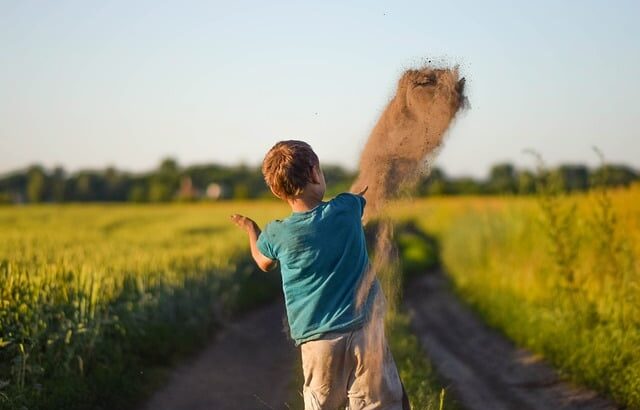In a world dominated by screens and structured activities, the value of outdoor play for children cannot be overstated. From climbing trees to playing tag, outdoor activities benefit a child’s physical, emotional, and social development.
Encouraging Outdoor Play:
Here are some key ways that parents and caregivers can encourage outdoor play:
- Set Aside Time: Allocate dedicated time each day for outdoor play, allowing children to explore and engage with their surroundings. (That’s right, schedule it in so it doesn’t get missed!)
- Provide Safe Spaces: Ensure outdoor environments are safe and conducive to play, with age-appropriate equipment and supervision when needed. (Try providing some old cardboard boxes and watch them go.)
- Encourage Exploration: Encourage children to explore nature, whether it’s observing insects, collecting leaves, or listening to bird songs. Start by pointing out these details, and then leave them to it.
Read on for more information on the importance of Outdoor Play:
Physical Development: Outdoor play encourages physical activity, which is essential for children’s overall health. Running, jumping, and climbing help develop motor skills, coordination, and muscle strength. Exposure to natural sunlight also promotes the production of Vitamin D, crucial for bone health and immune function.
Mental and Emotional Well Being: Time spent outdoors has been linked to improved mental health in children. Being in nature reduces stress, anxiety, and symptoms of attention deficit hyperactivity disorder (ADHD). The open spaces and natural environments provide a sense of freedom, exploration, and creativity that indoor settings often lack.
Social Skills and Creativity: Outdoor play fosters social interaction and teamwork among children. Whether building sandcastles at the beach or playing team sports in the park, kids learn to communicate, negotiate, and cooperate with others. Unstructured outdoor play encourages creativity and imagination, as children invent games, explore new surroundings, and engage in spontaneous activities.
Appreciation for Nature: Experiencing the outdoors helps children develop a connection to nature and a sense of environmental stewardship. Exploring parks, hiking trails, and gardens exposes them to diverse ecosystems, wildlife, and natural phenomena, fostering curiosity and respect for the environment.
Outdoor play is not just fun, it’s fundamental to a child’s holistic development. By embracing outdoor activities, we nurture their physical health, enhance their emotional well being, foster social skills, and instill a lifelong appreciation for the natural world. So, let’s step outside, breathe in the fresh air, and let our children thrive beyond the four walls of indoor confinement.
Here’s to your Well Being!
Melyssa Laycock, LCSW
Licensed Therapist


